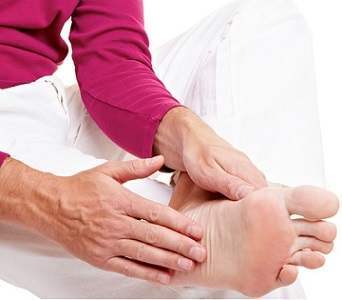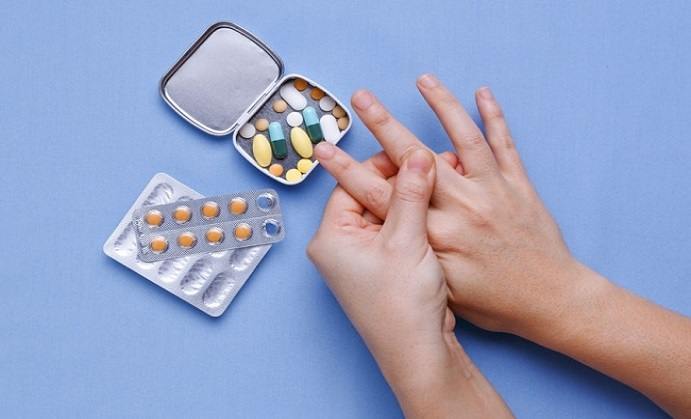Gout is an agonizing type of arthritis known to attack the feet first then spread to other areas of the body. In the United States alone, there are more than 8 million gout sufferers. The condition can be very debilitating if it is not treated in time. It may lead to permanent damage of the kidneys or joints. Most people with gout are not aware of the available treatment therapies and are at risk of developing disabilities if not treated early.
 The primary cause of gout is the buildup of uric acid levels in the body. Purine diets act as the main source of uric acid. It is one of the byproducts of high purine foods during digestion and absorption. The kidneys break down and flush this waste out of the body. However, at very high levels, the uric acid forms crystals that are deposited in joints and soft tissues. This causes inflammation and extreme pain in the joints commonly called gout attacks. Typically, the first gout attack affects the big toe after which it spreads to the ankles, knees, and elbows. The factors that contribute to a high risk of acquiring gout complications include being overweight, uncontrolled hypertension, genetics, and some health conditions. Foods high in purine are also a leading risk factor.
The primary cause of gout is the buildup of uric acid levels in the body. Purine diets act as the main source of uric acid. It is one of the byproducts of high purine foods during digestion and absorption. The kidneys break down and flush this waste out of the body. However, at very high levels, the uric acid forms crystals that are deposited in joints and soft tissues. This causes inflammation and extreme pain in the joints commonly called gout attacks. Typically, the first gout attack affects the big toe after which it spreads to the ankles, knees, and elbows. The factors that contribute to a high risk of acquiring gout complications include being overweight, uncontrolled hypertension, genetics, and some health conditions. Foods high in purine are also a leading risk factor.
Treating Gout
It is important to control gout early to avoid permanent damage. You should seek the attention of a qualified physician who will give you medication to reduce the levels of uric acid and also control pain and inflammation. There are several options for treatment. The doctor should diagnose and advise on the best approach.
These tips will help you to improve the effectiveness of the treatment:
 Avoid alcoholic beverages – Especially beer, which is a common culprit in raising levels of uric acid. Taking about 5 ounces of wine every day may be safe. However, try to stay away from alcoholic drinks in the event of an acute gout attack.
Avoid alcoholic beverages – Especially beer, which is a common culprit in raising levels of uric acid. Taking about 5 ounces of wine every day may be safe. However, try to stay away from alcoholic drinks in the event of an acute gout attack.- Manage your Weight – Overweight individuals are at a major risk of acquiring gout. Also, it contributes to more pain caused by excess pressure on the joints.
- Drink lots of water – Make it a practice to take up to 12 glasses of water daily to help the body in diluting the levels of uric acid.
- Go for a diagnosis – It is necessary to get tested for gout. The physician will aspirate a small amount of fluid from the affected areas to test for gout. You may also check for the levels of uric acid in the bloodstream. These diagnoses will help in determining the best treatment.
- Rest adequately and elevate – While resting, elevate the areas affected by gout above the heart. You should not walk too much in the case of an acute flare. Wrap ice in a piece of towel and place it on the affected areas. Avoid tight clothing or shoes as these will increase pressure leading to more pain.
- Avoid a high purine diet – High purine foods will increase the level of uric acid in the body. Such foods include seafood, alcohol, organ meats, and red meat. Avoid such meals until you are relieved of the attack.
- Consume gout relieving diets – Certain foods such as citrus, cherries, and some berries can be very helpful in relieving gout. Cherries, for example, are widely used to relieve the symptoms of many forms of arthritis.
- Take anti-inflammatory medication but avoid aspirin – Ibuprofen and naproxen are widely used to reduce inflammation and pain. Avoid aspirin since it may increase the level of uric acid in the blood ultimately making an attack worse. Consult your physician first before taking any medication.
Do you want to find an effective Gout treatment? Check out our top rated Gout products











